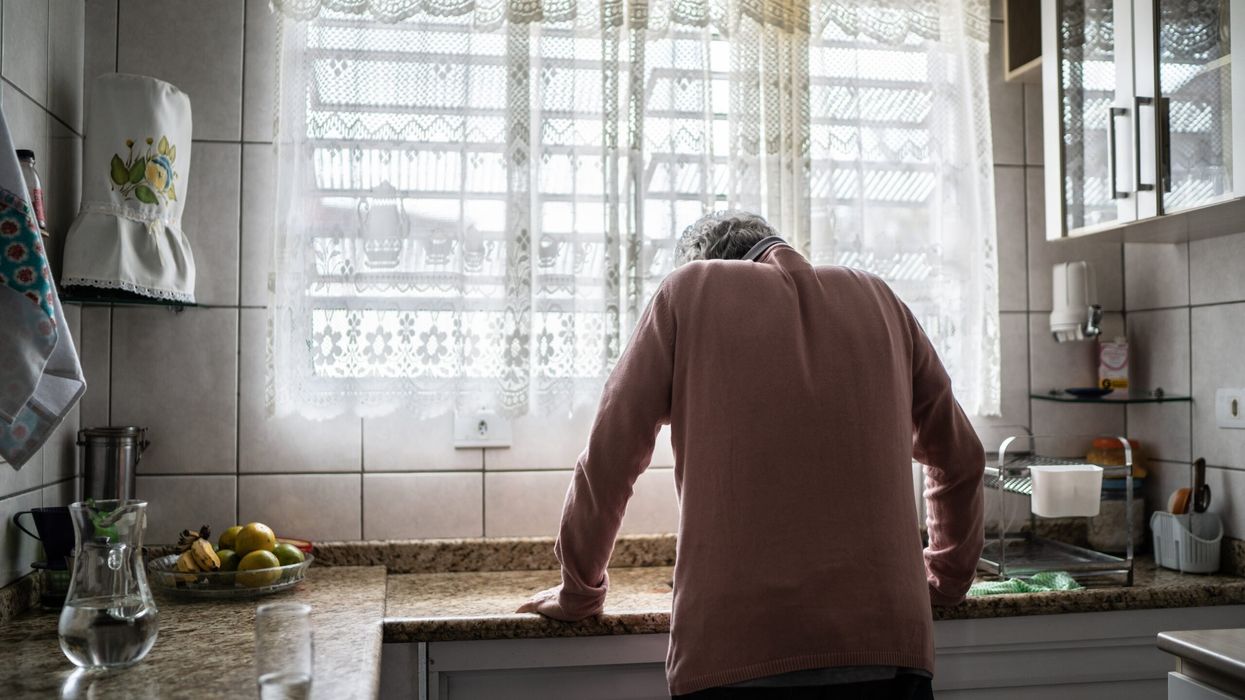PEOPLE with anxiety could be at three times the risk of developing dementia compared to those without anxiety, according to a study.
People aged 60-70 years with chronic (persistent) anxiety were found to be more likely to develop the mental condition in which memory and decision-making are impaired, affecting daily activities, according to the study published in the Journal of the American Geriatrics Society.
Researchers, including those from the University of Newcastle, UK, said that people whose anxiety was resolved did not have a higher dementia risk compared to those who never had it. Therefore, the researchers suggested that successfully resolving anxieties could help mitigate risk of developing dementia.
"The findings suggest that anxiety may be a new risk factor to target in the prevention of dementia and also indicate that treating anxiety may reduce this risk," Kay Khaing from the University of Newcastle and corresponding author of the study said.
Previous studies examining links between anxiety and dementia have largely measured anxiety at the start, according to the authors.
However, few studies have looked at how persistent anxiety, along with age when one develops anxiety, impacted dementia risk, they said.
For the study, the researchers included more than 2,000 individuals with an average age of 76 years, of whom close to 450 (21 per cent) had anxiety to begin with. The group was followed for over 10 years.
During an intermediate follow-up after five years, the participants were deemed to have 'chronic anxiety' if anxiety persisted and 'new onset anxiety' if they developed it.
Anxiety was measured using the Kessler Psychological Distress Scale (K10), a 10-item questionnaire used as a brief screen to identify distress levels. Those with chronic anxiety and those who developed anxiety during the study had 2.8 and 3.2 times higher risks of having dementia, respectively, the authors found. The average time taken for dementia diagnosis from the study's start was 10 years, they said.
"Chronic and new anxiety were associated with increased risk of all-cause dementia, and this association was significant in those 70 years and younger," the authors wrote.
They also found that anxiety resolved at follow-up lowered dementia risk levels down to those in people who never had anxiety.
"These results suggest that timely management of anxiety may be a viable strategy in reducing the risk of dementia," the authors wrote.
Possible processes through which anxiety can heighten dementia risk can include inflammation, cell death, along with higher chances of such individuals engaging in unhealthy behaviours, such as physical inactivity and smoking, they said. (PTI)




